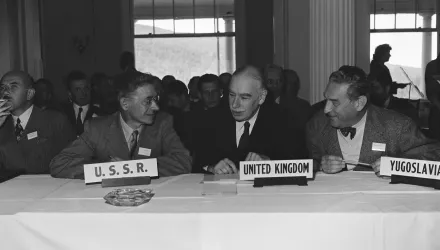International Security is America's leading peer-reviewed journal of security affairs.
Abstract
In the coming decades, the most powerful states in the international system will face a challenge unlike any experienced in the history of great power politics: significant aging of their populations. Global aging will be a potent force for the continuation of U.S. economic and military dominance. Aging populations are likely to produce a slowdown in states’ economic growth at the same time that governments will face substantial pressure to pay for massive new expenditures for elderly care. This economic dilemma will create such an austere fiscal environment that the other great powers will lack the resources necessary to overtake the United States’ huge power lead. Moreover, although the U.S. population is growing older, it is doing so to a lesser extent and less quickly than all of the other major actors in the system. Consequently, the economic and fiscal costs created by social aging—as well as their derivative effects on military spending—will be significantly lower for the United States than for potential competitors. Nevertheless, the United States will experience substantial new costs created by its own aging population. As a result, it will most likely be unable to maintain the scope of its current international position and will be less able to realize key international objectives, including preventing the proliferation of weapons of mass destruction, funding nation building, and engaging in military humanitarian interventions.
Haas, Mark. “A Geriatric Peace? The Future of U.S. Power in a World of Aging Populations.” Summer 2007





